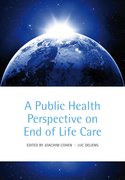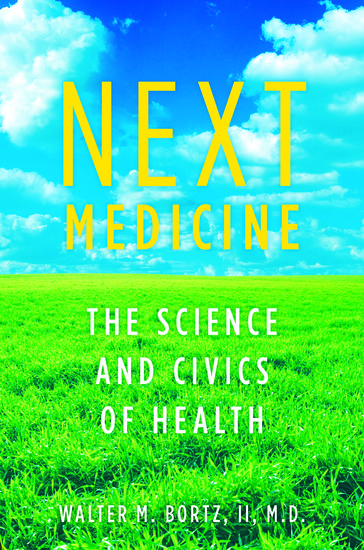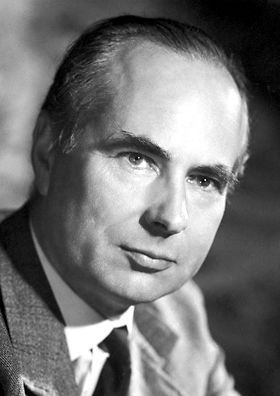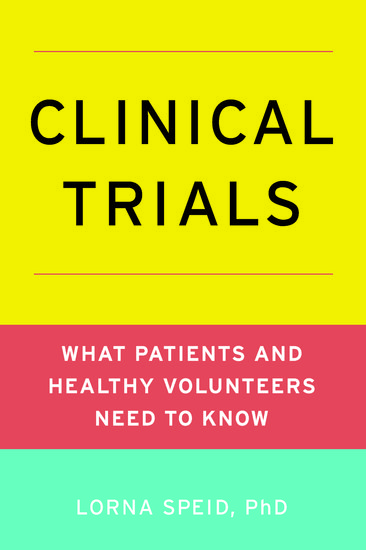Ensuring a good death: a public health priority
By Joachim Cohen and Luc Deliens
The quality of dying, and maintaining quality of life for those who are dying and for those caring for them, is an inherent aspect of public health. In developed and developing societies everyone is affected by death and dying (either directly or indirectly, for instance in case of a dying relative) and it affects several aspects of their health and wellbeing. Adequate health promotion can improve the circumstances in which these people need to cope with death and dying and is thus susceptible to improve several aspects of health. Sadly, though the manner in which people die and the quality of dying has blatantly been neglected as a priority of public health, partly because death and dying, in all its aspects, have rather been regarded as antonymous to health and a failure of health care.















